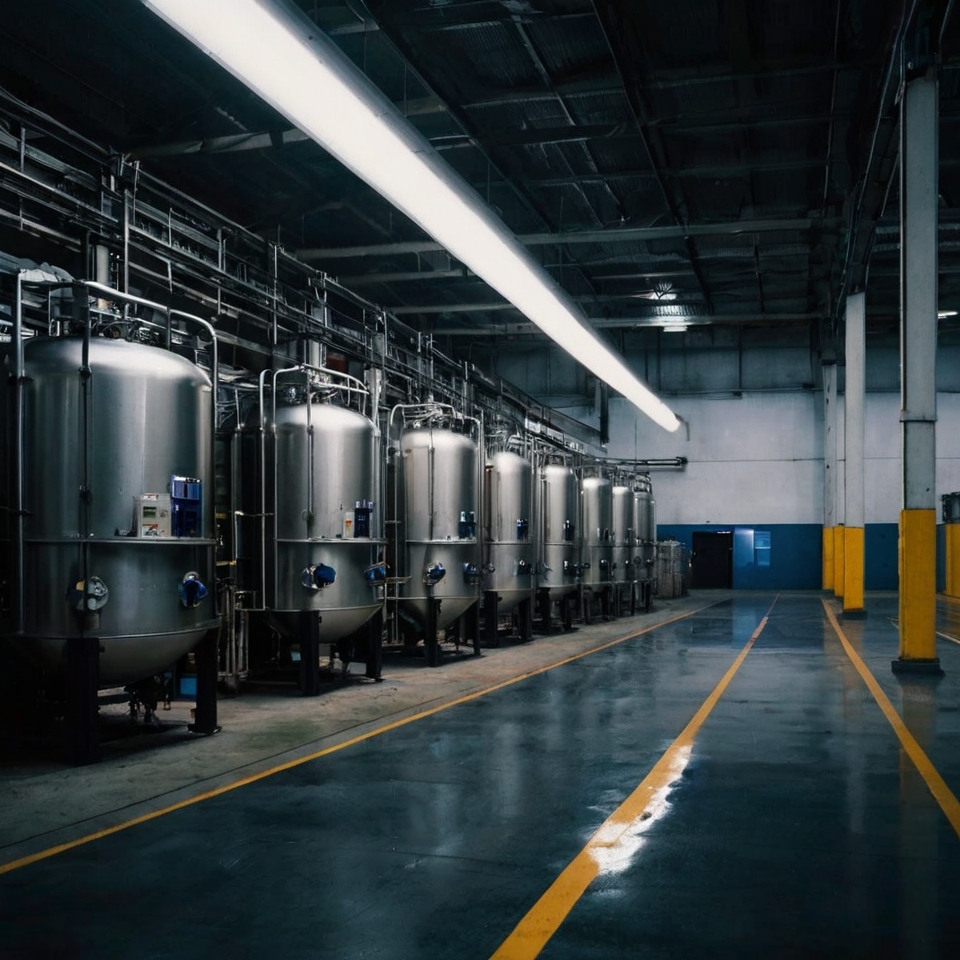The Vietnam cold storage market is forecasted to witness substantial growth by 2031, underpinned by surging demand from the food and agriculture sectors. With an increased need for temperature-controlled storage and improved logistics for perishables, Vietnam’s cold storage industry is evolving rapidly. Rising standards for food safety and quality, coupled with the country’s growing role as a hub for agricultural exports, are paving the way for a modernized cold storage infrastructure.
Growing Demand in the Food and Beverage Sector
Vietnam’s robust agricultural output and rising demand for seafood and fresh produce exports are fueling the need for efficient cold storage facilities. Cold storage plays a pivotal role in ensuring that food products maintain quality and comply with international safety standards, especially for perishable items. As the country’s food production scales up, so does the requirement for advanced storage solutions.
The retail sector, particularly the growth of supermarkets and convenience stores, has also been a significant driver. Vietnamese consumers are increasingly opting for frozen foods and fresh groceries, which rely heavily on cold storage for prolonged shelf life. These consumer preferences are expected to persist, creating steady demand for efficient temperature-controlled logistics in urban centers.
Influence of E-commerce and Last-Mile Delivery
With the rapid expansion of e-commerce, online grocery shopping is gaining traction among Vietnamese consumers, especially in urban areas. This shift has placed greater emphasis on cold storage solutions capable of supporting last-mile delivery services. To cater to these demands, e-commerce companies are investing in specialized logistics, such as cold chain networks that can ensure the freshness of products until they reach consumers.
Local and international players are recognizing this opportunity, with several companies announcing expansions in cold storage facilities specifically tailored for e-commerce. As this trend continues, it is anticipated that cold storage infrastructure will adapt to facilitate shorter delivery times and uphold product integrity.
Technological Innovations Driving Efficiency
Technology adoption within Vietnam’s cold storage market is accelerating as businesses seek greater efficiency and cost savings. The integration of automated systems and digital solutions, including real-time temperature monitoring, is enabling cold storage providers to enhance operational control and reduce energy consumption. IoT applications are allowing for better data analysis, which helps in identifying potential issues, such as equipment malfunctions, before they impact storage conditions.
Sustainable energy practices, such as the use of renewable sources for cooling, are also emerging within the sector. As Vietnam prioritizes sustainability, cold storage facilities are exploring ways to implement energy-efficient solutions that not only reduce costs but also support the country’s environmental goals.
Investment and Market Expansion
The Vietnam cold storage market is attracting significant investment, particularly from foreign players. Favorable government policies and incentives for infrastructure development have encouraged more companies to enter the market. This influx of capital is expected to bring in more advanced cold storage technologies, boosting the sector’s capacity and efficiency.
Moreover, government support for the agricultural sector is also expected to benefit the cold storage market, especially in rural regions where most of Vietnam’s food production takes place. Policies promoting investment in logistics and transportation infrastructure are key in supporting the expansion of cold storage capacity, ensuring that products from remote areas can reach urban centers and international markets with ease.
Future Prospects
As Vietnam continues its growth trajectory in food production and exports, the cold storage sector is poised for sustained expansion. Challenges such as high operational costs and energy demands remain, but continued technological advancements and investment are likely to mitigate these issues. By 2031, the Vietnam cold storage market is expected to be more sophisticated and resilient, supporting the country’s economic growth and strengthening its position as a regional leader in agricultural exports.
